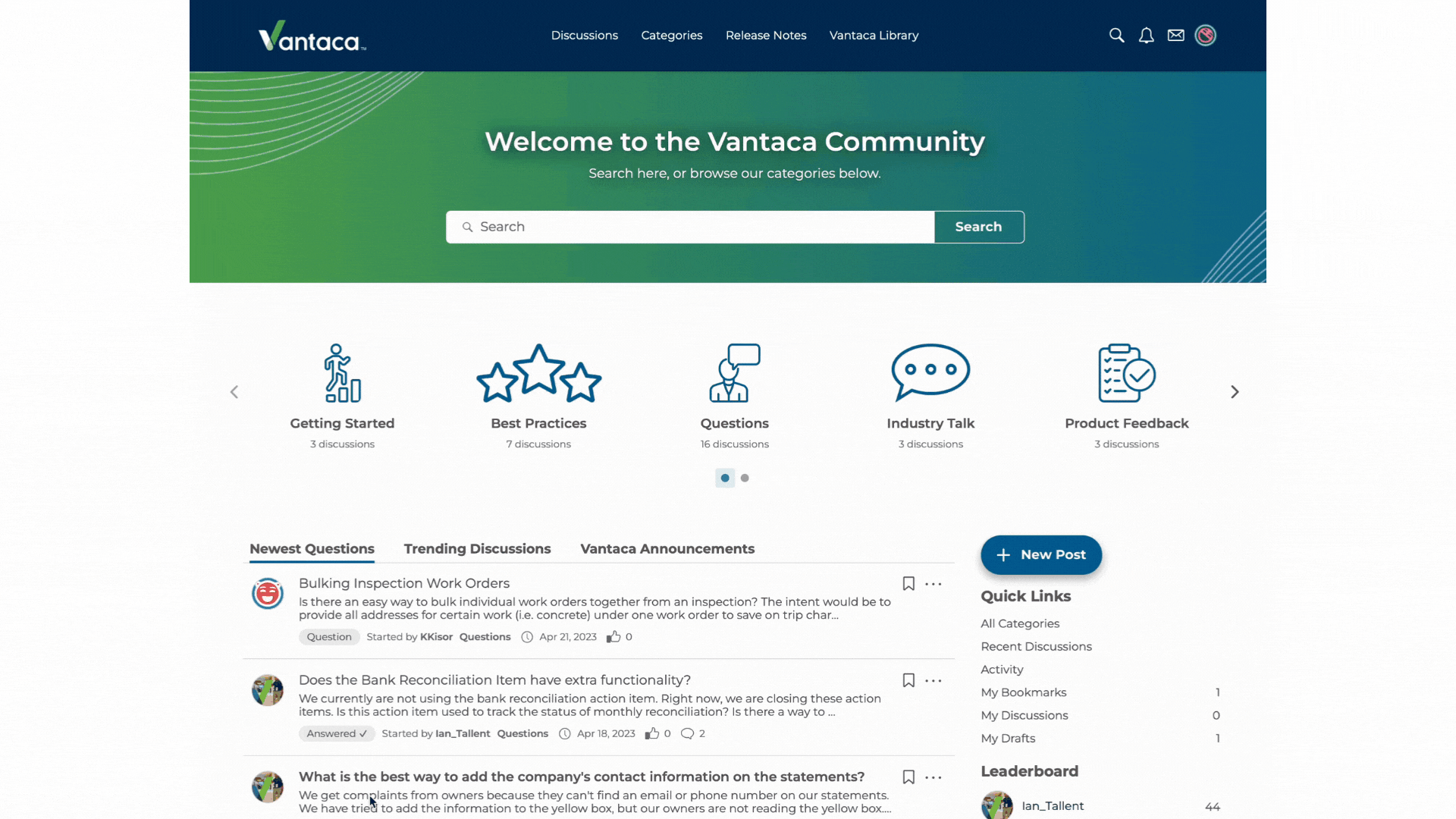February 26, 2024
The Corporate Transparency Act's Impact on Community Associations


This post was written by Jonathan B. Wilson, the CEO and co-founder of FinCEN Report Company, an online filing service for beneficial ownership reports under the Corporate Transparency Act, and a partner in the law firm of Taylor English Duma LLP. Jonathan has 33 years of experience in corporate, M&A and securities matters and is the author of The Corporate Transparency Act Compliance Guide (Lexis Nexis, 2023) and the Lexis Practical Guidance Practice Note on the Corporate Transparency Act.
As community leaders, we understand the importance of transparency and accountability. We strive to operate with open doors and clear communication, building trust and fostering a strong sense of community. Now, a new federal law called the Corporate Transparency Act (CTA) reinforces this commitment, requiring most community associations to file beneficial ownership information (BOI) reports.
This blog post aims to demystify the CTA and guide you through its key aspects as they relate to community associations. We'll address:
- What is the CTA and why was it enacted?
- Does my association need to comply?
- What information does the BOI report contain?
- How do I file the report?
- What are the deadlines and penalties for non-compliance?
- What resources are available to assist me?
Understanding the CTA
The CTA, which took effect in January 2024, aims to combat money laundering and financial crime by requiring most U.S. companies to disclose their true owners, known as "beneficial owners." These owners are individuals who ultimately control or benefit from the company. By shedding light on beneficial ownership, the CTA seeks to hinder criminals who use anonymous shell companies to hide their illicit activities.
Does my Association need to comply?
Most Associations, including homeowners associations (HOAs) and condominium associations are subject to the CTA. While some exemptions exist, such as for associations with more than 20 employees and $5 million in annual gross receipts, the vast majority of associations will need to file a BOI report.
What information does the BOI report contain?
The BOI report requires basic information about your Association, including its legal name, state of incorporation, principal business address, and any "DBAs" or trade names. Additionally, the report must identify each "beneficial owner" and provide five pieces of personally identifiable information (PII) about each one:
- Full legal name
- Date of birth
- Residential address
- Unique identifying number (driver's license or passport)
- Image of the document containing the unique identifying number
For most Associations, the "beneficial owners" will be the members of the board of directors and any "senior officers," such as the president and treasurer.
How do I file the report?
The good news is that filing the BOI report is done electronically through the FinCEN Report system. This secure platform guides you through the process, allowing you to invite each beneficial owner to create their own personal account where they can submit their PII securely. Once all information is gathered, you can file the report through the FinCEN system.
Deadlines and penalties
Existing Associations have until December 31, 2024, to file their initial BOI report. New Associations formed after January 1, 2024, have 90 days from their formation date to file.
Failure to comply with the CTA can result in significant fines, with penalties of up to $500 per day for non-filing. Additionally, individuals responsible for intentional violations could face criminal charges.
Conclusion
The CTA represents a significant step towards greater transparency in the financial system. While it introduces new reporting requirements for Associations, it ultimately serves to strengthen public trust and protect our communities from financial crime. By understanding the CTA and taking steps to comply, we can ensure our Associations operate with the utmost transparency and accountability, building a stronger foundation for our communities.
Want to Learn More?
Vantaca and FinCEN are hosting an in-depth live webinar around CTA on Wednesday, March 6. We'll go over everything you need to know about what the CTA requires, how it applies to Associations, what Management Companies need to do, Vantaca's solution for this new requirement, and any other questions you may have. Register Here!
Other posts you might be interested in
View All PostsSubscribe to Vantaca Updates
Stay up-to-date with the latest Vantaca Insights

